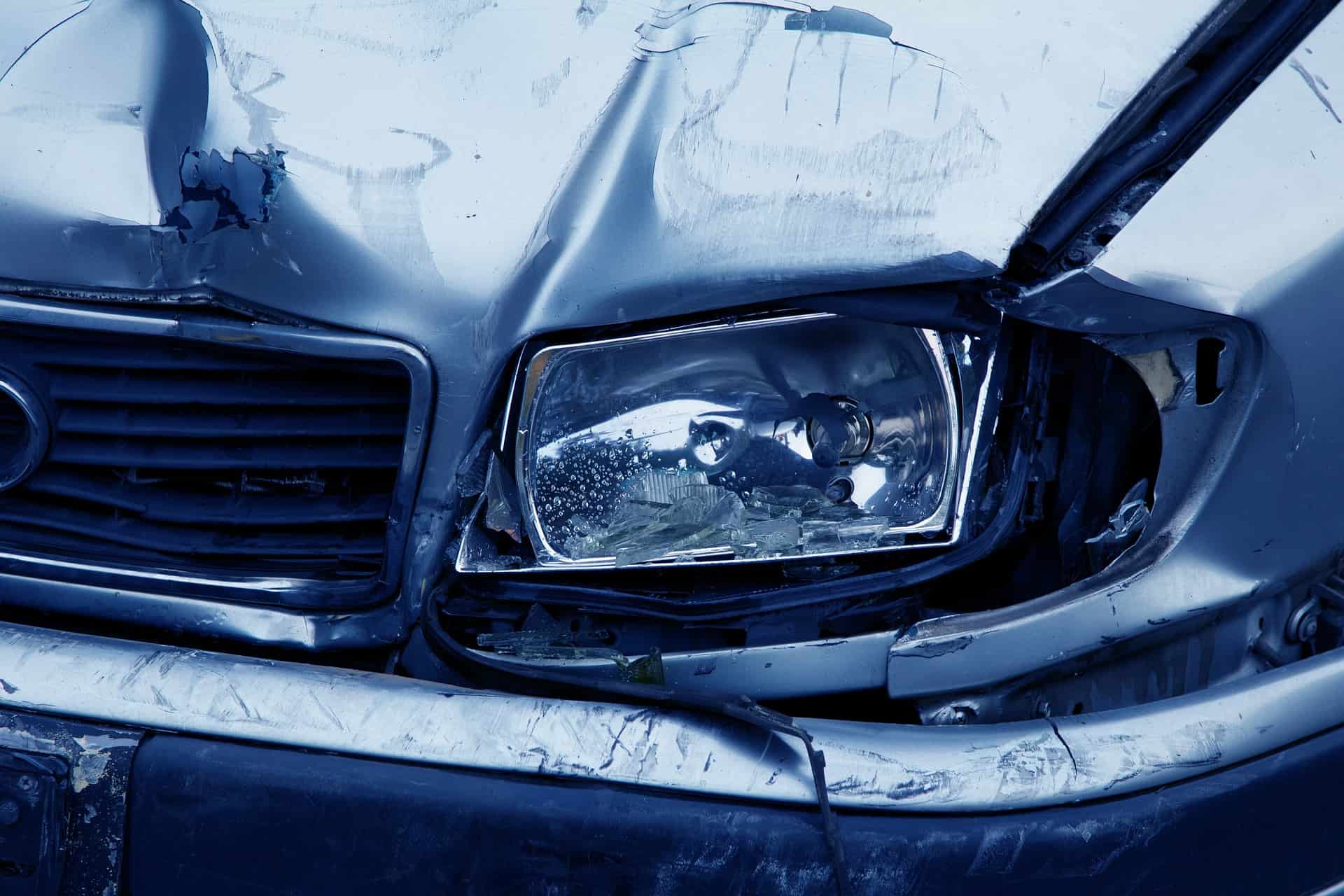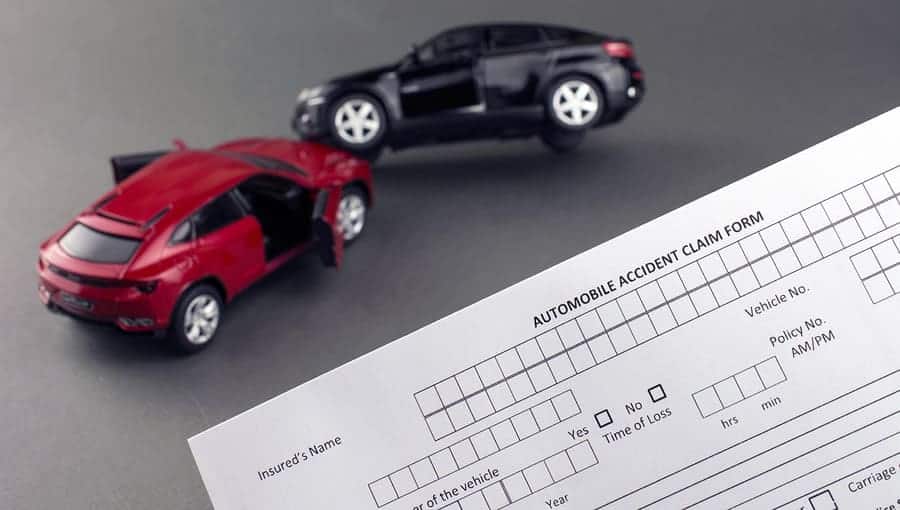Maybe you’d heard the adage, “A person is only as good as their word.” Unfortunately, though, a person’s word may not always be as reliable as you might hope. When negligent drivers cause accidents, the resulting injuries, property damage, and legal fallout is sometimes too much to face. Sometimes, a driver is outright lying about their role in the crash. In other cases,they’re in denial about the way their actions impacted the collision.

- How Much Is Your Car Accident Settlement Worth?
Find out the maximum compensation you could receive.
- How Much Is My Car Accident Settlement Worth?
Regardless, it can be difficult to determine car accident fault when it comes down to your word against theirs.
How Fault Impacts Auto Insurance Coverage
Accidents are, by definition, accidental. From an insurance company’s point of view, though, virtually all accidents are the result of someone’s recklessness or negligence. In most states, auto insurance coverage is indeed based on fault. In tort or fault states, the financial damages from a crash are typically covered by the insurer of the at-fault driver. Medical bills, lost wages, and intangible damages like pain and suffering can all be included in the victim’s settlement.
When the car accident happens in one of the twelve no-fault states, though, drivers typically carry personal injury protection coverage, also known as PIP. When an accident happens in these locations, each driver’s insurance company covers their own medical expenses. Property damage is fault-based in these states, so any repair bills would be covered by the at-fault driver’s insurance company.
Credibility and Fault
When accident fault comes down to your word versus the other driver, the credibility of everyone involved becomes crucially important. If a driver hit you and claims the accident was your fault, for example, a jury may not necessarily believe them. To determine the credibility of a motorist’s testimony, judges and juries will look to the consistency of the statements made about the crash. Their criminal record, demeanor, attitude, and the plausibility of their argument all factor into a person’s credibility.
Your own credibility will also be considered. To ensure the best possible outcome, be honest about the accident and never misrepresent the incident. If you’re not sure how to handle questions from police, the insurance company, or the other driver, consult with an experienced personal injury attorney for guidance. Car accident fault can be complicated, and insurance companies will look for any reason to deny a claim. Choosing your words carefully can help you build credibility with everyone involved.
Collecting Evidence
The insurance company will conduct an investigation into the accident to determine if any evidence helps prove one person’s story over the other. Physical evidence will take priority over any testimony, so it’s important to collect any proof you have that the incident went down the way you said it did. After the accident, take photos of the damage, but also of the road you’re on, the intersection where the collision occurred and any road signs or traffic lights that may have played a role. Even if you don’t think a particular image will be helpful, snap it anyway. You never know what kind of pictorial evidence could help bolster your claim.
You may also want to collect witness accounts of the accident. While you’re waiting for police to arrive, talk with any passersby who may have witnessed what happened. Ask if they’re willing to go on record about what they saw. Record their testimony on video using your cell phone, or ask them to write an account of what they witnessed. Be sure to get their contact information so you can reach out if you have further questions.

- What’s my car accident settlement worth?
- Find out in less than 60 Seconds!
Filing a Lawsuit
Most claims are settled out of court, with the parties coming to a mutual agreement on who is at fault and how much the victim is owed for their damages, at which point the insurance company will issue a car accident settlement payout for the agreed upon amount. When fault is in question, though, you may need to file a car accident lawsuit against the other driver in order to recoup costs. While it’s possible to file such a suit on your own, it’s best to hire a lawyer to represent you in court.
Depending on your state’s car accident laws, your trial may be decided by a judge or jury. Escalating a car accident claim can be risky, as your fate lies not with an insurance company but with a third-party who may or may not see things your way. If you sustained serious, life-changing injuries in a catastrophic accident where fault is in doubt, though, a lawsuit is sometimes the best option.
Connect with a Car Accident Lawyer Today
Car accidents are traumatic, but the legal fallout from a crash can be just as stressful as the wreck itself. With more questions than answers about your options, you may want to find a personal injury lawyer to represent your best interests. Many such lawyers work on contingency, which means you won’t owe legal fees unless they recover a settlement for you. Because of this, most attorneys will also give you a free initial consultation, during which they can answer any questions and give you a car accident settlement estimate – since they only get paid if you do, if it’s a decent case they’ll tell you, because they’ll usually want to represent you.
Don’t let the fear of expensive lawyer fees prevent you from getting the information you need to win your claim.

